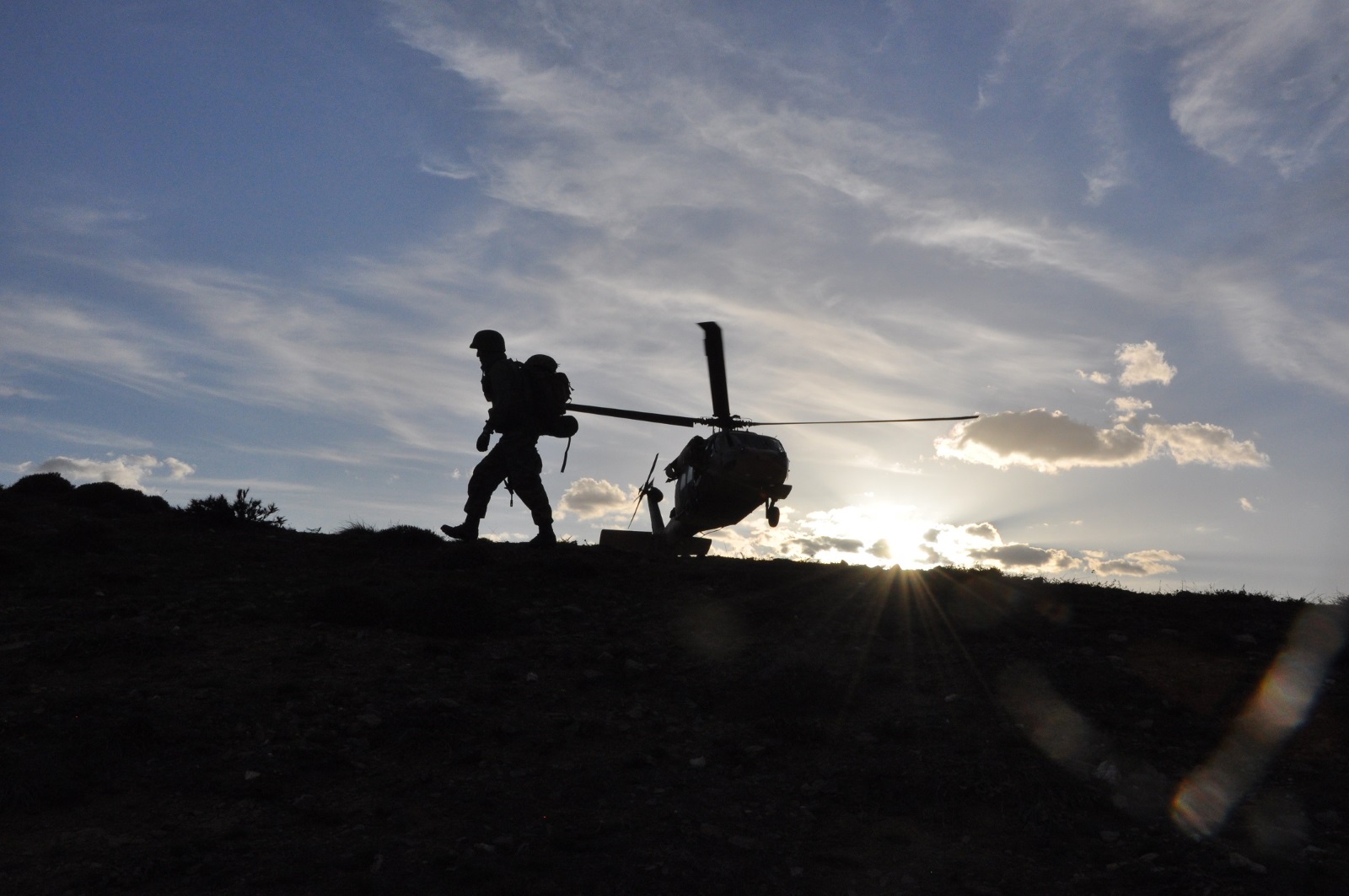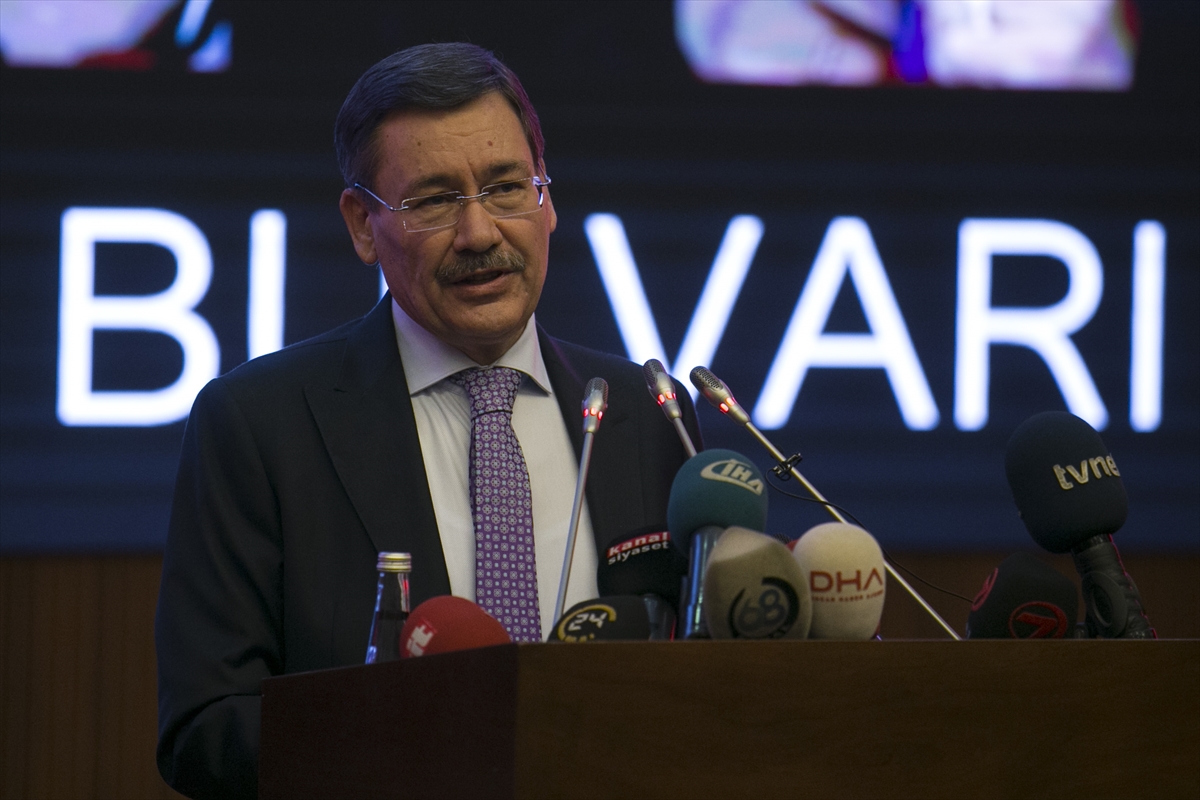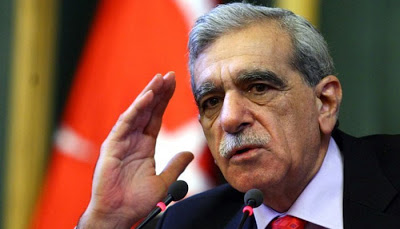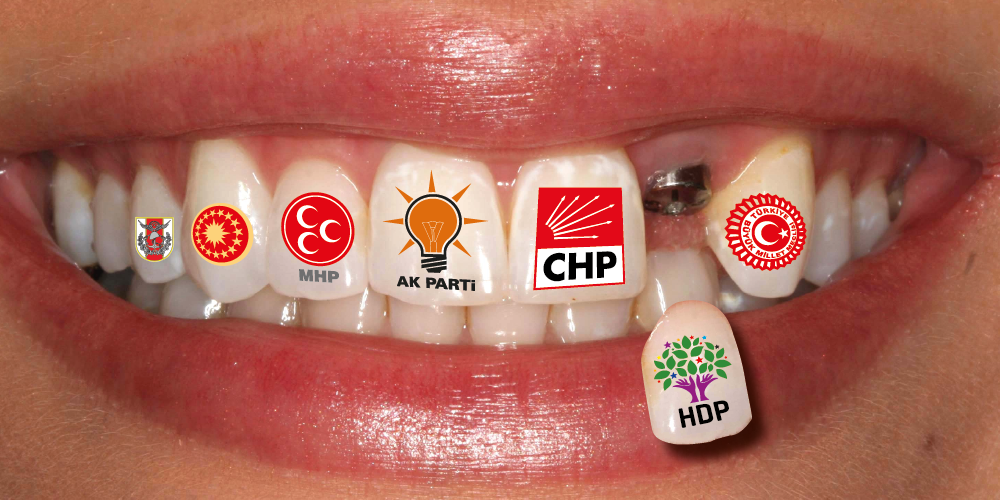Avoiding a major surprise, MPs voted this afternoon to deploy Turkish troops in Libya for the first time in 108 years.
The motion before them was to allow President Recep Tayyip Erdoğan to send the forces of his choosing beyond Turkey’s borders — a power which, under Article 92 of the constitution, rests with parliament.
The mandate will expire in twelve months, meaning MPs could find themselves voting again in January 2021.
The passage of the bill was just about certain because of Mr Erdoğan’s AK Party’s alliance with the nationalist MHP: together they hold 339 of the 600 seats in parliament, a comfortable majority.
But wading into Libya’s bloody civil war will be a treacherous business and Turkish public opinion, already wearied by economic malaise, will be a crucial factor.
That would explain why Mr Erdoğan’s government has spent the last fortnight actively lobbying opposition MPs to support the mission.
On Monday, the foreign minister Mevlüt Çavuşoğlu visited the centre-left CHP on Monday in an effort to persuade its sceptical leader Kemal Kılıçdaroğlu.
It did not work: Turkey’s main opposition party voted against this afternoon’s motion.
A more hopeful avenue for Mr Çavuşoğlu was the Good Party (İYİ), another nationalist faction where a patriotic rallying call would perhaps attract more appeal.
But he was to be disappointed: this morning İYİ leader Meral Akşener called the planned motion a “threat to our national security that would needlessly endanger the lives of our troops”.
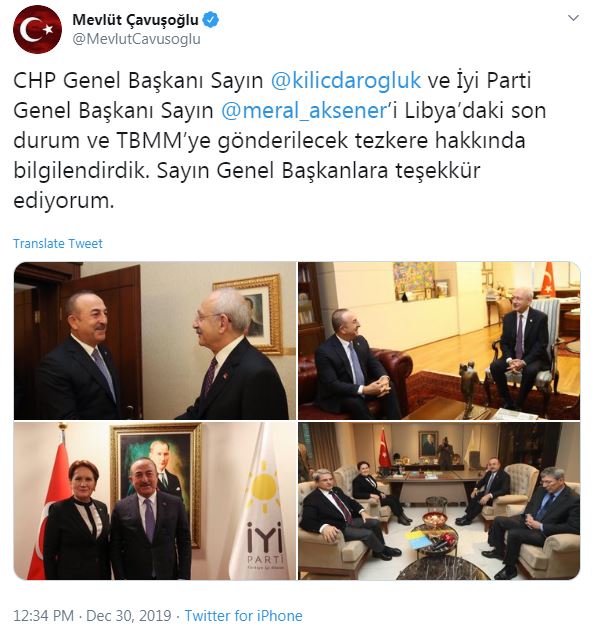
(Twitter: @mevlutcavusoglu)
It was interesting that she framed her party’s objections — twice — in the context of the Libyan conflict being an “Arab matter”.
She drew on Turkey’s experience from Syria: “We became part of Syria’s civil war and what did Turkey gain? It gained five million refugees, it spent $50 billion, it became a neighbour with Russia on both its northern and southern borders”.
The other significant bloc voting against today’s motion was the pro-Kurdish HDP, but in keeping with the AK Party’s policy of pretending they do not exist, Mr Çavuşoğlu made no effort to lobby them.
Most of the party’s 61 MPs did not turn up to vote today.
Inner party rebellions are rare in the AK Party and unheard of in the MHP, so today’s motion did pass comfortably, but the loss of İYİ was a disappointment for AK: cross-party support would have helped portray this as a national effort, not a government one.
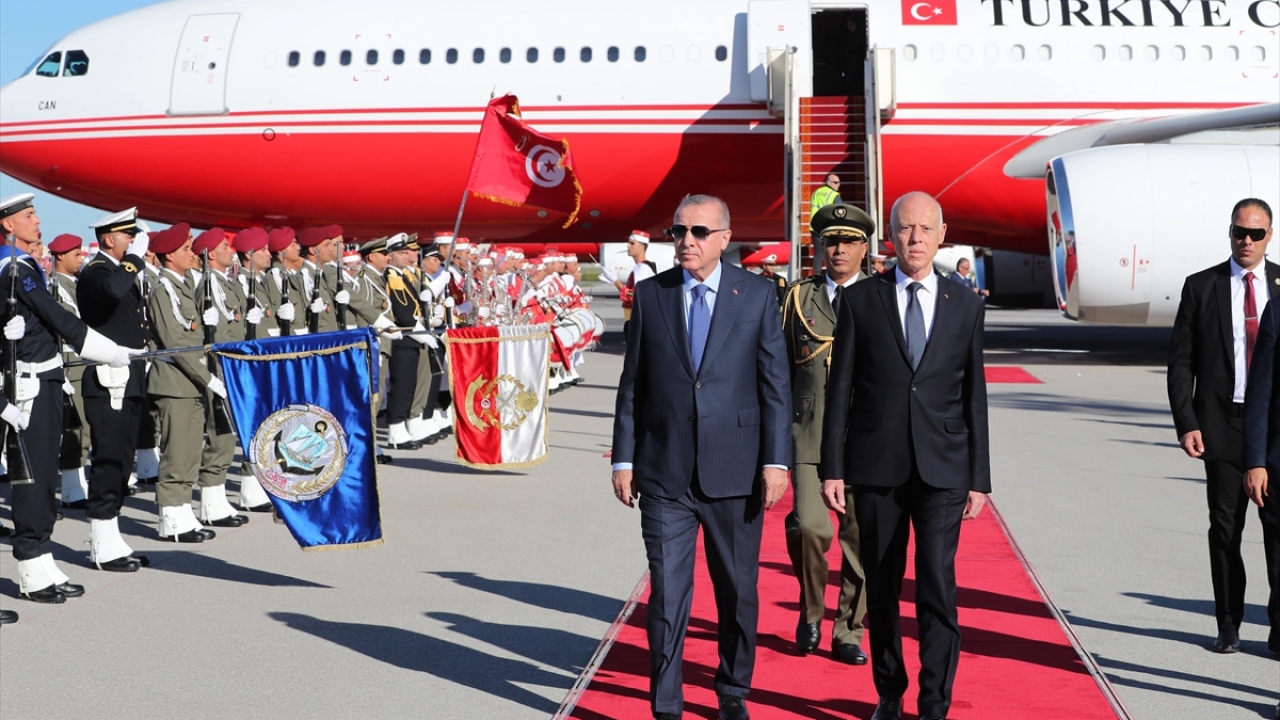
Today’s motion marks the first decision to send Turkish troops to Libya since 1911, when Italy invaded and Mustafa Kemal was among those scrambled out to defend the then-Ottoman province. That doomed campaign, and the disastrous Turkish role in the First World War that followed, accelerated the end of the empire itself.
Fighting this time alongside Libya’s internationally-recognised government means Mr Erdoğan can argue legitimacy — and handily bolster a maritime deal the two of them recently signed.
But it also will pit Turkish forces directly against a general backed by many of Turkey’s regional neighbours, Egypt and Saudi Arabia among them.
The Turkish president is risking an overseas deployment that could prove both risky for his forces and unpopular among the public.





